Product Description
The way we currently provide care for people with dementia is not only flawed and inadequate but even destructive according to dementia expert G. Allen Power, M.D., in this provocative and instructive video presentation. Dr. Power’s arguments are corroborated by the video’s second featured speaker, Richard Taylor, Ph.D., who has been diagnosed with Alzheimer’s disease and who speaks candidly about how he would prefer to be treated. From the experienced perspectives of both the provider and the person with the disease, viewers learn what not to do alongside a vision for all that is possible to do to improve the lives of the millions of individuals who will not soon escape the ravages of this debilitating disease.
In the first of three parts, Dr. Power makes the case for a paradigm shift needed in the established model of institutional long-term care. Viewers see documented evidence of the negative outcomes that result from traditional care, including the dangerous practice of “medicating away” the predictably negative reactions that emerge in response to standard care practices and attitudes. In describing a new vision of care, Dr. Power describes how to
- redefine the disease to better understand those experiencing it
- stop making people with dementia look and act like we do
- recast “problem behaviors” as mechanisms for coping and communicating
- find new ways to make normal life experiences accessible to people with dementia
- create more opportunities for people to feel connected and find meaning day to day
- decrease suffering and increase satisfaction using a new “experiential” model of dementia care
In part two, Dr. Taylor, a former psychologist and educator, articulates the needs, fears, and all-too-common negative experiences of a person diagnosed with dementia. He speaks from the heart on behalf of all those who are unable to communicate for themselves and, at the same time, speaks as one unique individual asking to be respected, supported and, most of all, seen and heard. With surprising candor and wit, he presents moving personal stories and sage advice that provide new insight about the experience of the disease to formal and informal caregivers as well as long-term care managers and administrators.
Together, in part three, these two inspiring speakers respond to common questions and concerns, including
- how to communicate a person’s preferences to care staff
- whether asking for opinions and responses from people with dementia is confusing for them
- ways to have better long-distance interchanges with a loved one by phone
- whether better care practices can be taught or are essentially innate
- and much more
This valuable training tool helps to raise awareness of anyone working in long-term care settings to the remaining potential for people with dementia to lead satisfying and fulfilling lives—with appropriate supports—despite their losses.

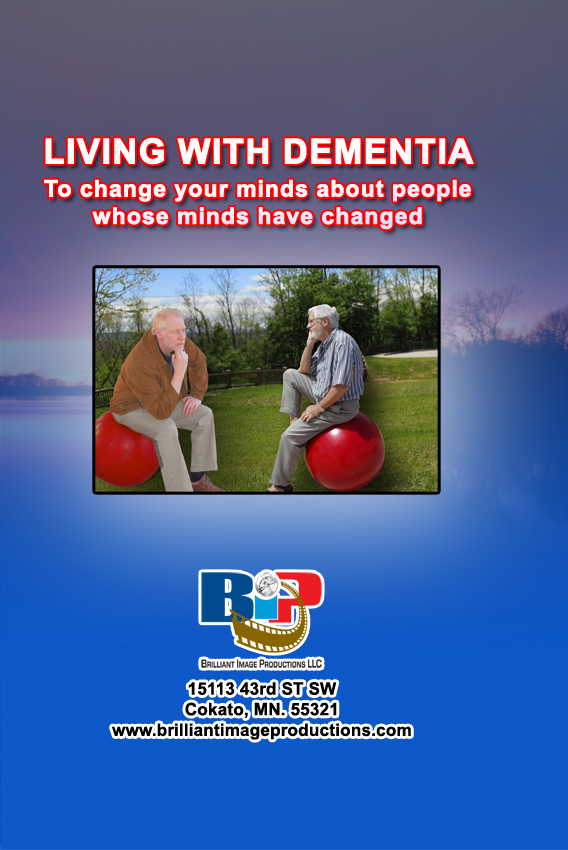
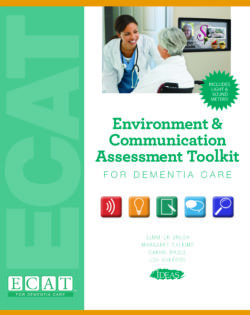
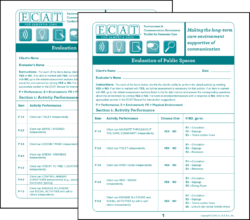

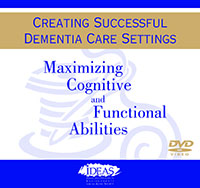
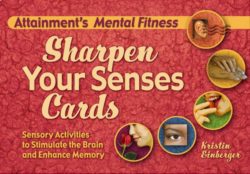
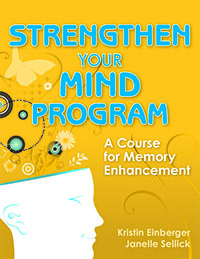
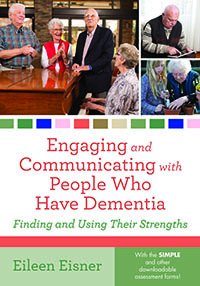

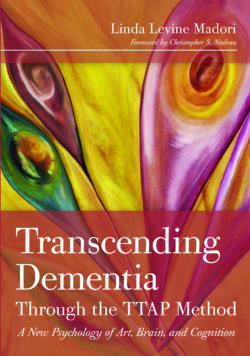
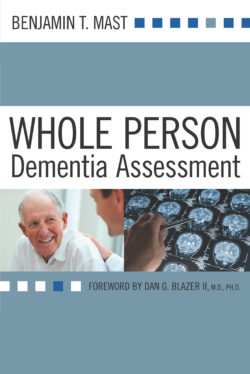
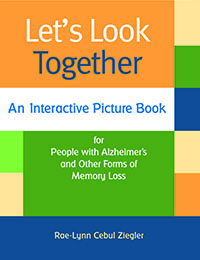
Reviews
There are no reviews yet.